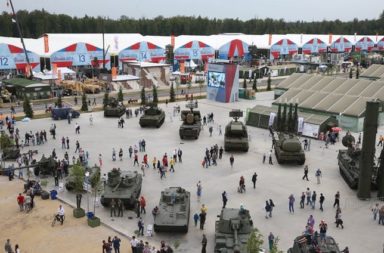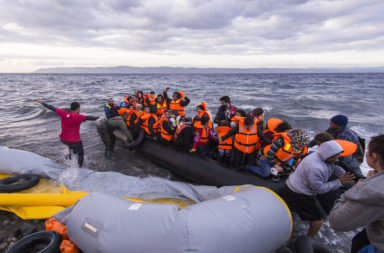By David Marsh
The failure of France’s far-right National Front (FN) to win a single region in Sunday’s second leg of round-the-country elections is likely to increase political virulence ahead of the April-May 2017 presidential poll.
By accentuating political stalemate across the euro area’s second largest economy, the French regional polls are likely to extend the timetable for David Cameron, the UK prime minister, to schedule the referendum on Britain’s European Union membership. Whereas many observers until a few weeks ago believed the plebiscite might take place as early as May 2016, the watchword in UK government circles is now that the referendum will come later rather than sooner.
As well as reflecting the EU’s inability to focus on British membership issues amid many more pressing challenges, the probable later date is partly a consequence of UK desire to win maximum negotiating leverage from the discomfiture of mainstream parties in France and the corresponding uncertainty in Germany.
The FN in Sunday’s election fell into third place, despite leading in six of 13 regions in the first round on 6 December. Tactical voting and withdrawal of some candidates enabled the centre-right Republican party of former President Nicolas Sarkozy and the ruling Socialists to divide among themselves the election spoils.
Sarkozy, yet to be officially endorsed as candidate for the 2017 presidential poll on account of judicial inquiries into alleged misdemeanours, emerged yesterday as the clear victor. He has moved appreciably to the right since he lost power to President François Hollande in May 2012.
The FN increased its votes in the second round to more than 6.8m, from 6m on 6 December, as more people voted, according to the interior ministry. The FN share of the vote fell slightly from 27.7% to 27.4%. The Republicans increased their share from 26.7% to 40.6% and the Socialists from 23.1% to 29.1%.
Depriving the FN of any place in running French regions may turn out to be a poisoned chalice for France’s two main parties. Exposing the FN to the realities and the pitfalls of sharing administrative power could have been a salutary check on the vaulting ambitions of Marine Le Pen, the FN leader. The outcome will enable Le Pen to maintain her vitriolic criticism of the main French parties and her role as a potent channel for frustration from voters wishing to protest against France’s inability to generate jobs, investment and growth.
Europe’s overall political limbo thus finds particular expression in France. As John Nugée, a director of OMFIF, argues in a separate commentary today, the European Union in the eyes of Asian observers is struggling because it falls between two extremes of strength and weakness: it has neither a strong democratic regime nor a strong autocratic one.
This deficit goes to the heart of Europe’s existential weakness. The most necessary instrument to resolve the problems at the centre of the single currency’s under-performance – further European political and economic integration – has simultaneously been made unrealisable by European electorates’ crisis-induced distrust of any steps to shift decision-making and control further away from the people.
The likelihood of further bruising battles has been underscored by Manuel Valls, the French prime minister, who warned ahead of Sunday’s poll of the danger of ‘civil war’ with the FN and said after last night’s results that the threat from the extreme right was ‘a long way from being extinguished.’
David Marsh is managing director at OMFIF.




